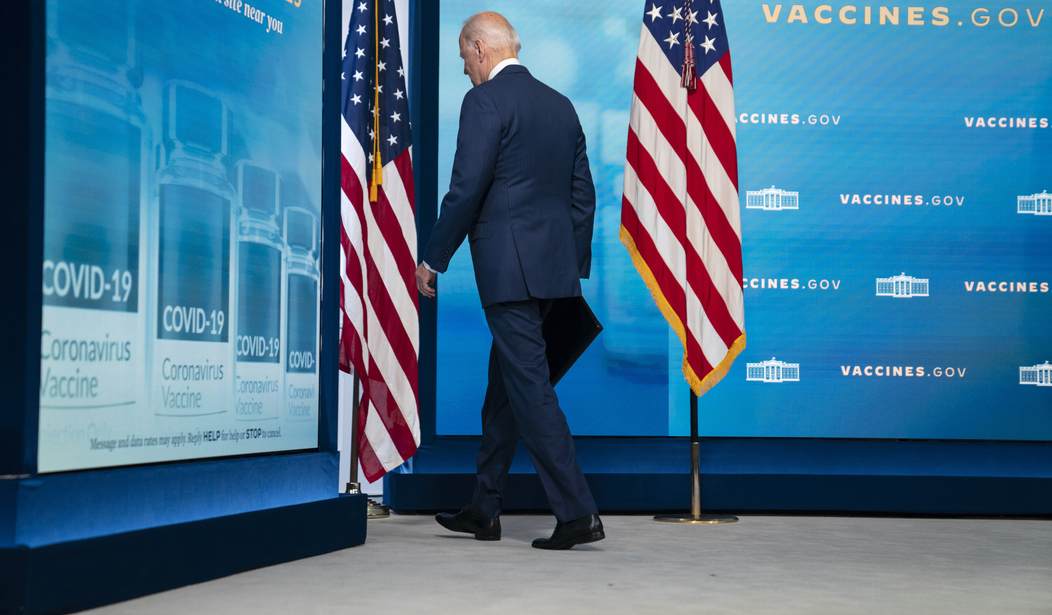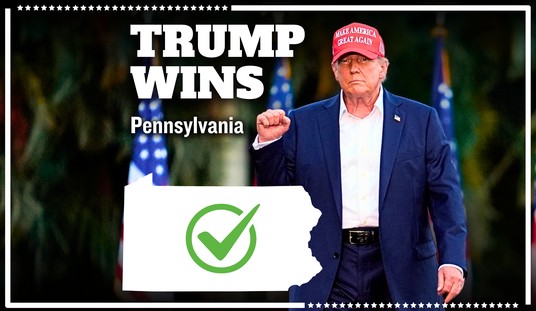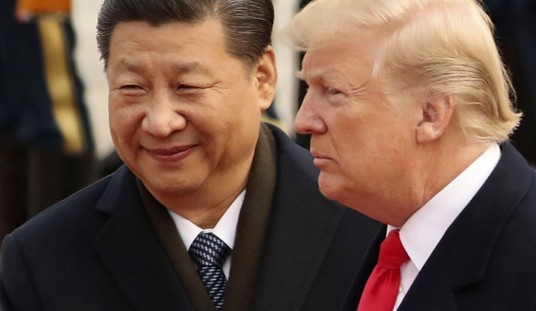One of the many tax-and-spend ideas that President Joe Biden has been trying to jam through in his massive spending bills hasn’t been drawing nearly as much attention as the others. We’ve focused on his various ideas for billionaire taxes and millionaire taxes, along with jacking up the corporate tax rate so companies can “pay their fair share.” (The wealthy already pay a massive majority of all income taxes collected, by the way.) But that tax burden will only be paid by the wealthy, right? Biden has promised repeatedly that anyone making less than $400K per year won’t pay “a single cent” more in taxes. But as Jim Geraghty points out at National Review, the current proposal includes yet another massive increase in taxes on tobacco products. Not only is this tax not restricted to just the wealthy, but statistically it can be shown that it will hit the poorest Americans the hardest, or at least the ones who choose to use tobacco products anyway.
You notice when Biden makes this promise, he does not specify federal income taxes. He does not carve out exceptions or offer any qualifications or conditions. In fact he emphasizes how there are no exceptions — “period, bingo,” and so on.
Except, the current version of the “Build Back Better” proposal includes a slew of steep tax increases on tobacco products…
Even if you hate all tobacco products, hate all tobacco users, and want to raise taxes on tobacco products through the roof, there is no getting around the fact that this is a blatant, glaring, flashing-neon-sign violation of Biden’s oft-repeated no tax increase pledge. Tobacco users who make less than $400,000 per year are not exempted from the tax increase.
In terms of calling out Joe Biden for breaking a campaign promise, I’m not 100% positive that I’m on the same page with Jim here. Yes, technically speaking, when Joe Biden said “not one penny more in taxes” (note the plural), that could easily be interpreted to mean ‘taxes of any kind.’ And in that case, it would be a violation of Biden’s pledge. And yet, perhaps I’m feeling a bit more generous to Uncle Joe today than I normally am, but that interpretation would mean that Biden had lied if taxes go up on anything that’s ever purchased by anyone but those earning more than $400,000 per year. Any hike in the federal gas tax, liquor taxes, or nearly any other taxable commodity or activity would fall into that category. Perhaps luxury yachts of more than 100 feet in length could see a tax hike without breaking the pledge, but that’s probably about it.
I don’t think it’s really that far of a stretch to say that Biden really did mean “income taxes” when he made that pledge. The fact that income taxes are the only taxes that are strictly defined by one’s income makes it even more plausible. But sure… Biden certainly could have been more careful in his phrasing, or at least whoever was loading the teleprompter for him or writing his cheat sheets could have.
Still, Jim’s point about the impact of these sorts of taxes – particularly “sin taxes” – is well taken. As he goes on to point out, the impact of tobacco taxes is wildly disproportional in their impact. The wealthy are far less likely to smoke tobacco products than the poor while the relative impact on their budgets is vastly slanted against those with lower incomes. A billionaire who is a smoker is unlikely to notice whether a carton of Marlboros costs $25 dollars (as it did as recently as the 80s) or more than $100, as it does today in New York and other high tax states. By contrast, somebody getting by on an hourly wage that has them nervous about making their rent next month is going to feel that sort of a bite very deeply indeed.
This is also a very much anti-woke tax, as Jim further points out. The people most likely to be impacted by doubling the tobacco tax include:
- Lesbian/gay/bisexual adults (19% versus 14% of heterosexual/straight adults)
- Native American/Alaskan natives (21% versus 16% of whites)
- The uninsured (23% versus 11% of those with private health insurance plans)
How is this a progressive tax, at least when using the word in the liberal sense rather than speaking of a graduated rate? Aren’t they going after their own base? In any event, the Democrats’ tax plans are largely the same as they have been for a couple of generations at least. Tax as much as possible and “redistribute” the wealth, often to those most likely to donate to Democratic candidates. Don’t buy the hype.







Join the conversation as a VIP Member